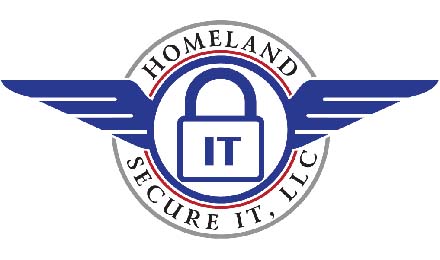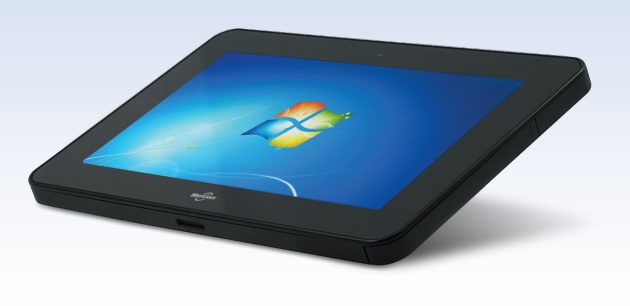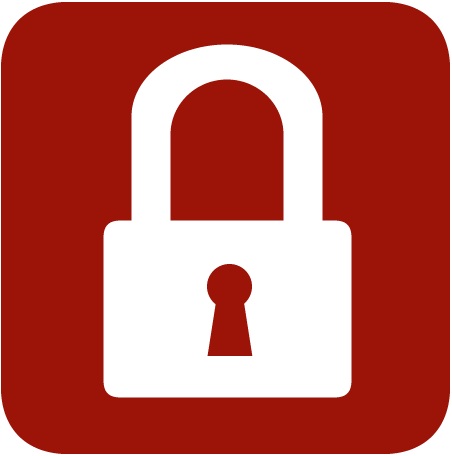I’ve said this before, but I think I will say it again. Should you leave a job and have personal files on your system, sure, by all means, delete your PERSONAL files, that’s okay, right?
Maybe… In fact, laws on the books that state that everything you do at work is property of the employer, however, I am not a lawyer, so I won’t get into that. What I WILL harp on is that if you do decide to delete a folder containing *your* personal files, not files belonging to the soon-to-be-ex-employer, then everything should be okay, but when you cross the line and either delete *everything* you can, including important system files, or possibly use a “secure wipe” application to write 1s and 0s to the drive, or even attempt to format a drive, then you have moved from protecting your privacy to destruction of property, malicious mischief, and a whole plethora of laws that cover this.
There is an entire field dedicated to recovering data intentionally deleted or destroyed. These “forensic” technicians are very good at it and also come with a hefty price tag. So, if you should happen to delete files, and it causes your former employer to enlist the assistance of an expert in recovery, then you can expect the associated costs to be passed on to you.
My advice is as follows:
If you are at work, why not work? Try to keep your personal files and emails totally off the business network. Use your Android or iPhone to read emails, or optionally web based email (gmail) if your company policy allows accessing external email accounts via the web on work computers.
Failing that, keep all your non-work email in a folder named something like “John’s Personal Email”, and personal files in a similarly named folder. Upon leaving, delete those and ONLY those folders.
What about your browser cache, all those cookies, auto-logged on sites, etc? Well, if your personal life did not intertwine with work, then you wouldn’t have this problem, but now you do, so what to do? You COULD empty the cache, or you could use a tool like “CCleaner”, but those will remove legit work-related data too. Of course you could have enabled privacy mode and attempted to browse without leaving a trace, but you didn’t.
Okay, so just what CAN be recovered should you decide to delete your files and email before you leave?
Depending on how the Exchange server is configured, your mail may be backed up, possibly archived, forever, so even if you delete your mail today, last night’s backup got it all up until it ran.
Your desktop may be backed up as well, and it is possible that you do not even know it is happening. More and more businesses are opting for nightly, weekly or monthly imaging of all PCs. Some computers are set to sync the documents folders to a centralized server.
And there’s always the chance that an employee will FEEL you did something bad, even if you had no intent to defraud them of their data and they will hire someone like me and my company, Homeland Secure IT to retrieve data from the hard drive. As I write this post, I am doing that for a new client in a similar situation.
Just what can we recover? Most everything. A “DELETE” doesn’t get it. Actually, we have successfully recovered files from a hard drive that had a “secure wipe” performed on it.
If your business needs data recovery services, please contact us in the Greenville / Upstate, SC area at 864.990.4748 or email info@homelandsecureit.com – If it’s there, we’ll get it.




